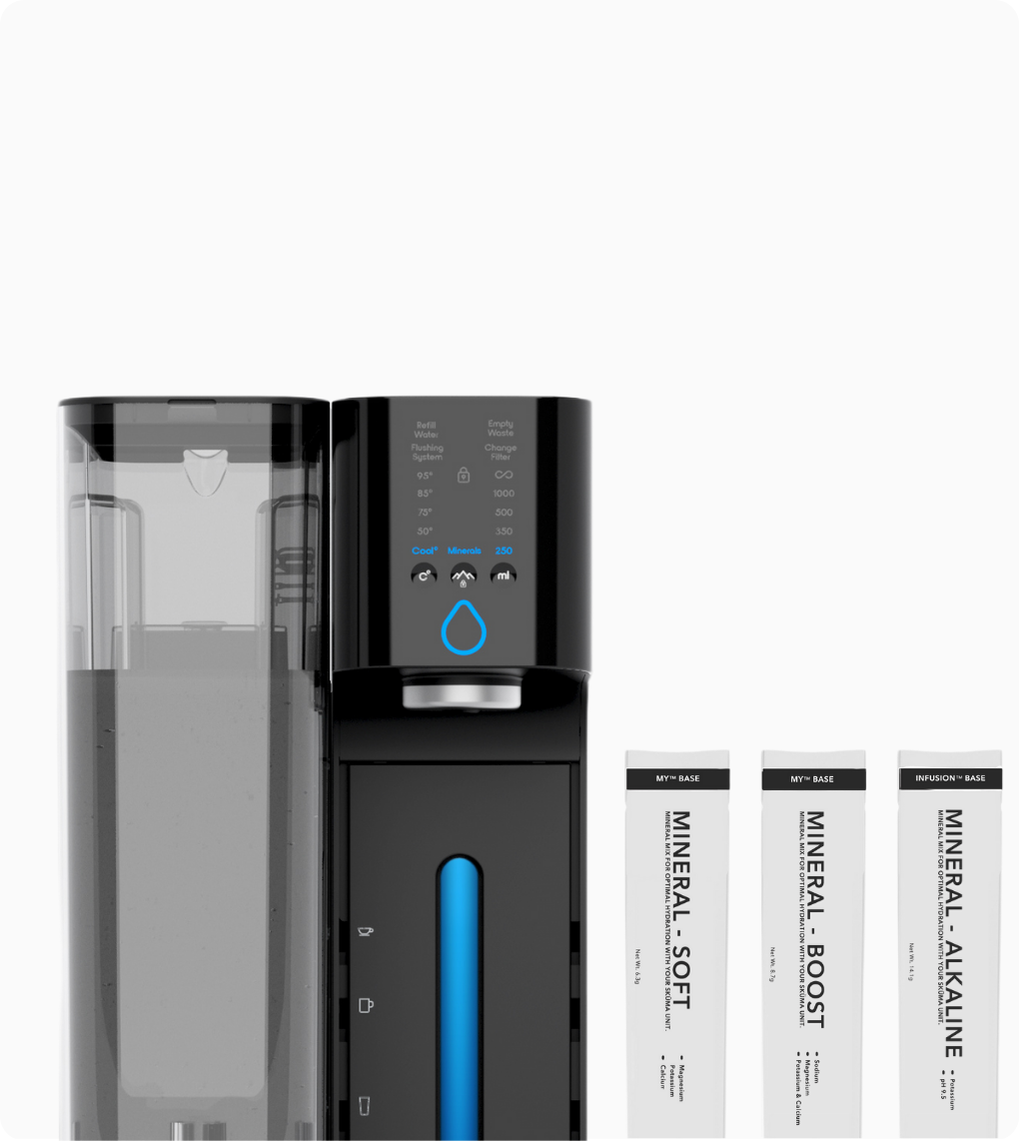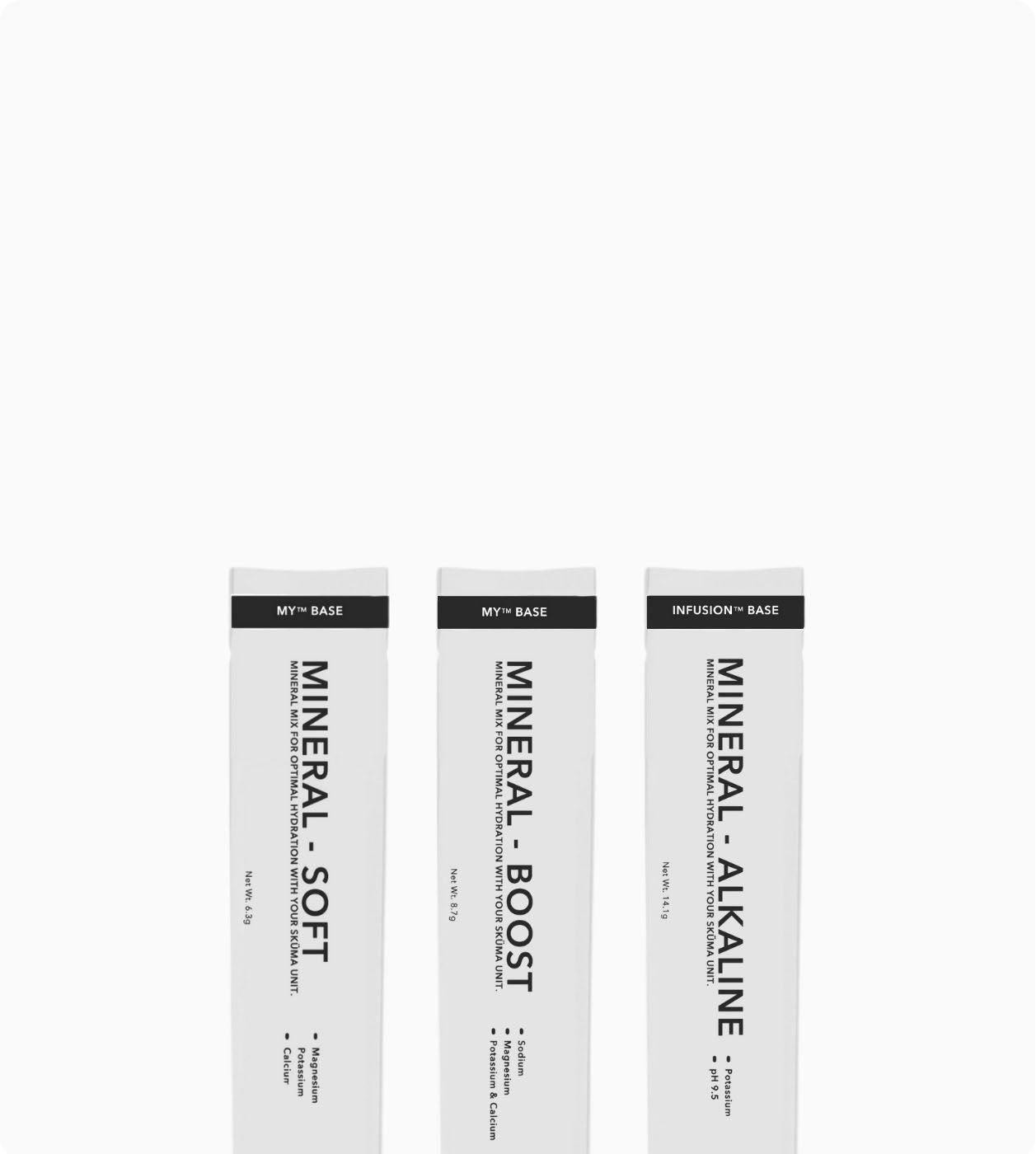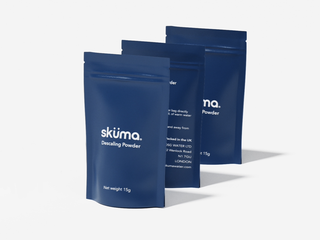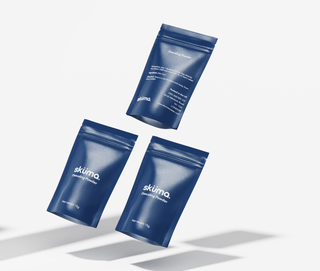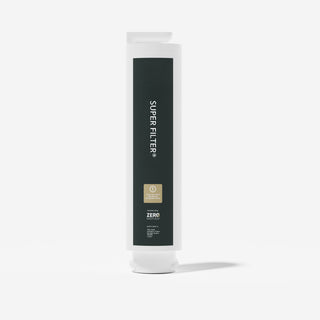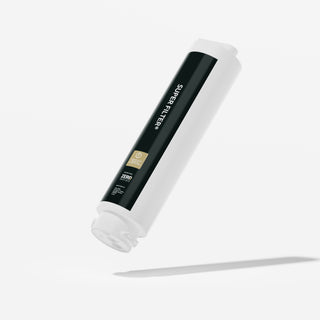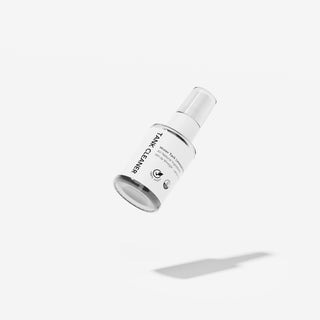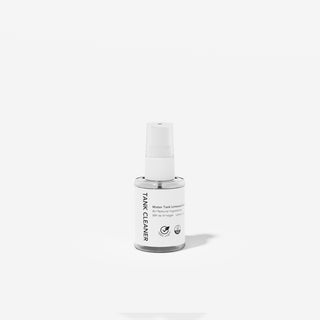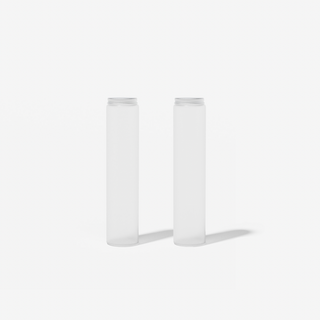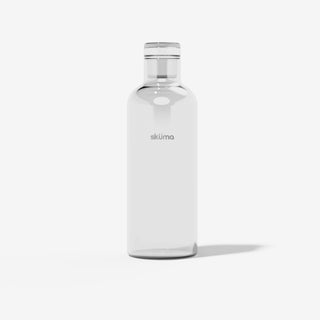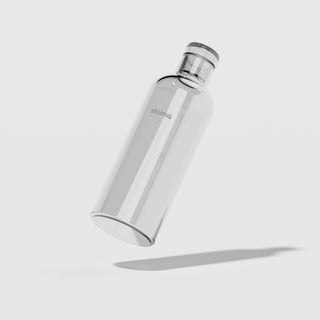What if the secret to better hydration wasn’t just how much water you drink - but how and when you drink it? Around the world, long-lived cultures have developed daily water rituals rooted in balance, digestion, and mindful consumption. From Japan to Sardinia, these habits offer surprisingly modern guidance on optimal hydration.
Let's investigate around the world their hydration rituals for health benefits:
1. Japan: Small, Warm Sips Throughout the Day
In Japan, it’s common to drink warm or room-temperature water, especially in the morning.
According to traditional kampo (Japanese herbal medicine), cold water can “shock” the digestive system. Instead, warm water aids circulation and supports metabolic function - echoed by modern studies showing better vasodilation with warm fluids (Shin et al., 2020).
2. India: Copper Vessels and Ayurvedic Timing
Ayurveda promotes drinking water stored in copper vessels overnight, believed to balance the body’s doshas and improve immunity.
While copper’s health claims are debated, it’s antimicrobial (Grass et al., 2011) and reflective of a larger point: water quality matters, not just quantity. Ayurveda also recommends drinking only when thirsty, and never during meals - advice now somewhat linked to better digestion and electrolyte absorption.
3. Blue Zones: Water + Purposeful Add-Ins
In Blue Zone regions like Sardinia and Okinawa, hydration isn’t about guzzling 3 litres - it’s about functional fluid intake. Locals consume herbal infusions like fennel, rosemary, or green tea for longevity benefits.
These teas contribute to hydration, while offering anti-inflammatory compounds and antioxidants. Studies support this, linking polyphenol-rich beverages to reduced cardiovascular risk (Godos et al., 2017).
4. Nordic Countries: Hydrate Around the Sauna
Hydration is an essential ritual in Finland and Sweden, especially around saunas. It’s common to rehydrate with mineral-rich water or berry-infused teas before and after sweating.
This aligns with sports science findings showing that electrolyte replacement is critical post-heat exposure to avoid hyponatremia or fatigue (Sawka et al., 2007).
Sküma brings together science and wellness wisdom - filtering your water to absolute purity, then re-mineralising with purposeful MYBASES. Whether you’re sipping warm water, infusing herbs, or preparing for a sauna session, Sküma can support your modern ritual.
Explore Sküma
Citations
-
Shin, Y. et al. (2020). Effects of water temperature on peripheral circulation. Journal of Vascular Health.
-
Grass, G. et al. (2011). Metallic copper as an antimicrobial surface. Applied and Environmental Microbiology.
-
Godos, J. et al. (2017). Polyphenol intake and cardiovascular risk. Nutrients.
-
Sawka, M.N. et al. (2007). American College of Sports Medicine position stand on fluid replacement. Medicine & Science in Sports & Exercise.


